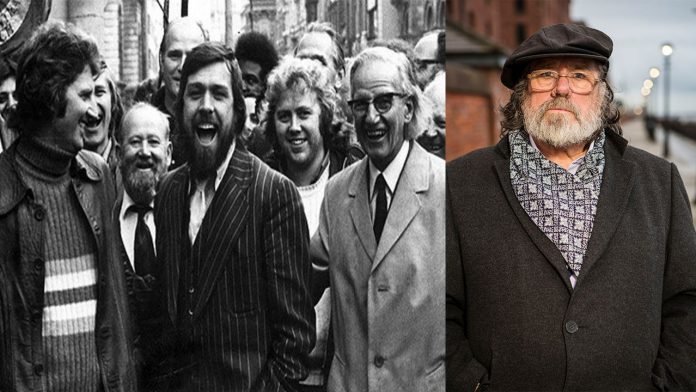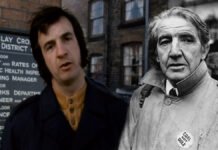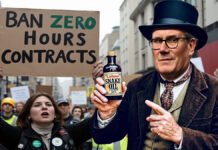“They walk from this court – as they have always been – innocent men”
Victims of police corruption, they are victims of a political trial, and they are victims of a Conservative Government – who at the time were looking to take revenge against the trade union movement
Ricky Tomlinson and 13 fellow trade unionists convicted in the so-called Shrewsbury 24 trials have cleared their names after 48 years.
Before becoming one of Britain’s best-loved actors through roles in Brookside and The Royle Family, Ricky Tomlinson was controversially jailed for his part in a strike in 1972.
In 1972, Ricky Tomlinson was a plasterer in his mid-30s, living in a council house in north Wales, known by his real name Eric Tomlinson, with his familiar gift of the gab and a fiery streak.
When building workers went on a national strike that May, Tomlinson was among the leaders of a “flying picket” that visited building sites to persuade non-union members to down tools.
On 6 September, 300 members of a flying picket, including Tomlinson, visited building sites around Shrewsbury.
The year 1972 had been a torrid one for Edward Heath’s Conservative government. Strikes by miners and dockers had forced the prime minister to call two states of emergency.
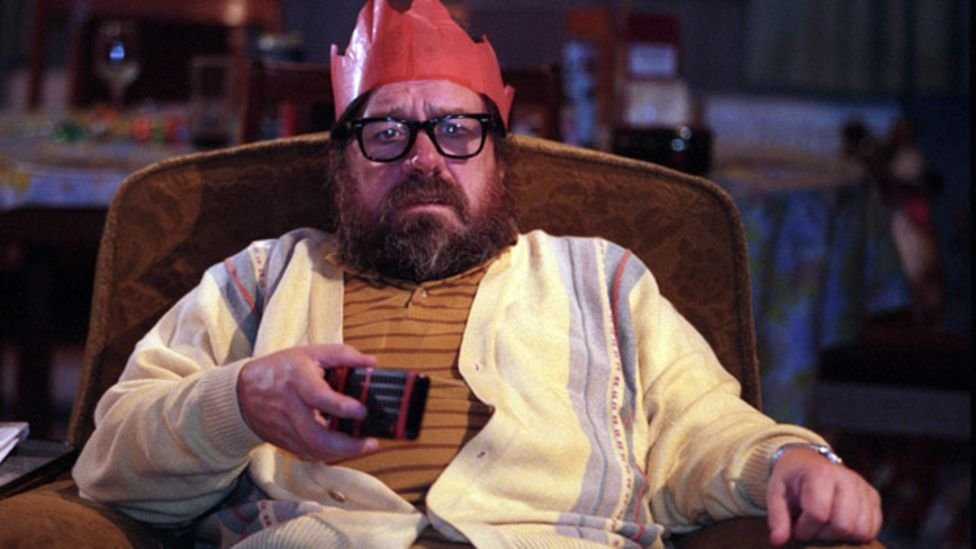
Tomlinson says the pickets were asked to visit a building site (“called the Brookside site, funnily enough”) that was full of “lumpers”, casual workers who were paid lump sums and undermined the strength of the union.
Police accompanied them at all times, he points out, and made no arrests on the day.
Five months later, 24 were charged with committing offences on that day including conspiracy to intimidate, unlawful assembly and affray.
In the end, three were jailed. Tomlinson, given a two-year sentence, was among them. Fellow picket leader Des Warren got three years.
Tomlinson, Warren and the others insisted they were innocent and had been set up by the political establishment. Their treatment led to protests, bitter arguments within the Labour party and the threat of a general strike.
Six of the 14 who joined the appeal have since died, including Dennis Warren, who was jailed for three years.
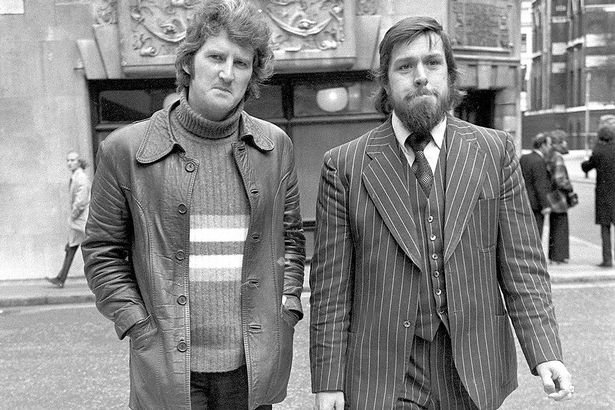
Lawyers for the men argued that the trials were unfair on two grounds.
The first was that handwritten statements from witnesses had been destroyed by police before the defence could examine them at the time of the trials.
They also suggested that the airing of a BBC documentary about communism in the trade union movement, called Red Under the Bed, was prejudicial and could have influenced jurors.
Lord Justice Fulford, presiding over the Court of Appeal hearings at the Royal Courts of Justice in London, ruled that the destruction of the statements rendered their convictions unsafe, but dismissed the arguments over the documentary.
In a written judgment he said: “If the destruction of the handwritten statements had been revealed to the appellants at the time of the trial, this issue could have been comprehensively investigated with the witnesses when they gave evidence, and the judge would have been able to give appropriate directions.
“We have no doubt that if that had happened, the trial process would have ensured fairness to the accused. Self-evidently, that is not what occurred.
The judge added: “By the standards of today, what occurred was unfair to the extent that the verdicts cannot be upheld.”
Jeremy Corbyn’s Peace and justice project tweeted: “49 years ago, two dozen Shrewsbury builders joined their union’s first national strike for safe sites and fair pay. In response, bosses, police and courts trampled over the law to jail them. It’s taken half a century to get justice. This morning, every conviction was quashed.”
Speaking after the ruling, Mr Tomlinson said: “Whilst it is only right that these convictions are overturned – it is a sorry day for British justice.
“The reality is we should never have been standing in the dock! We were brought to trial at the apparent behest of the building industry bosses, the Conservative government, and ably supported by the secret state.
“This was a political trial not just of me, and the Shrewsbury pickets – but was a trial of the trade union movement.
“My thoughts today are with my friend and comrade Des Warren. Like me he was victimised by the Court for defending the interests of the working class.
“I’m just sorry he is not here today so we can celebrate, but I’m sure he’s with us in spirit.’’
Solicitor Paul Heron of the Public Interest Law Centre, who represented Mr Tomlinson and fellow trade union exoneree Arthur Murray, said: “I am pleased that the convictions of my clients Ricky Tomlinson and Arthur Murray have now been overturned.
“However, it is important to remember that following their convictions in 1973 they were blacklisted by the building industry.
“Many of the men could not find work and as a result suffered more punishment.
“Whilst we understand that the Court was unwilling to consider the wider issues regarding the involvement of the secret state – we are calling for a public inquiry into blacklisting in the industry the role of the building industry bosses and the secret state.”
A statement from the Public Interest Law Centre said: “The convictions of the ‘Shrewsbury 24’ have been quashed. They are unsafe, and they walk from this court – as they have always been – innocent men.
“We say they are victims of police corruption, they are victims of a political trial, and they are victims of a Conservative Government – who at the time were looking to take revenge against the trade union movement.”
Support Independent Journalism Today
Our unwavering dedication is to provide you with unbiased news, diverse perspectives, and insightful opinions. We're on a mission to ensure that those in positions of power are held accountable for their actions, but we can't do it alone. Labour Heartlands is primarily funded by me, Paul Knaggs, and by the generous contributions of readers like you. Your donations keep us going and help us uphold the principles of independent journalism. Join us in our quest for truth, transparency, and accountability – donate today and be a part of our mission!
Like everyone else, we're facing challenges, and we need your help to stay online and continue providing crucial journalism. Every contribution, no matter how small, goes a long way in helping us thrive. By becoming one of our donors, you become a vital part of our mission to uncover the truth and uphold the values of democracy.
While we maintain our independence from political affiliations, we stand united against corruption, injustice, and the erosion of free speech, truth, and democracy. We believe in the power of accurate information in a democracy, and we consider facts non-negotiable.
Your support, no matter the amount, can make a significant impact. Together, we can make a difference and continue our journey toward a more informed and just society.
Thank you for supporting Labour Heartlands
